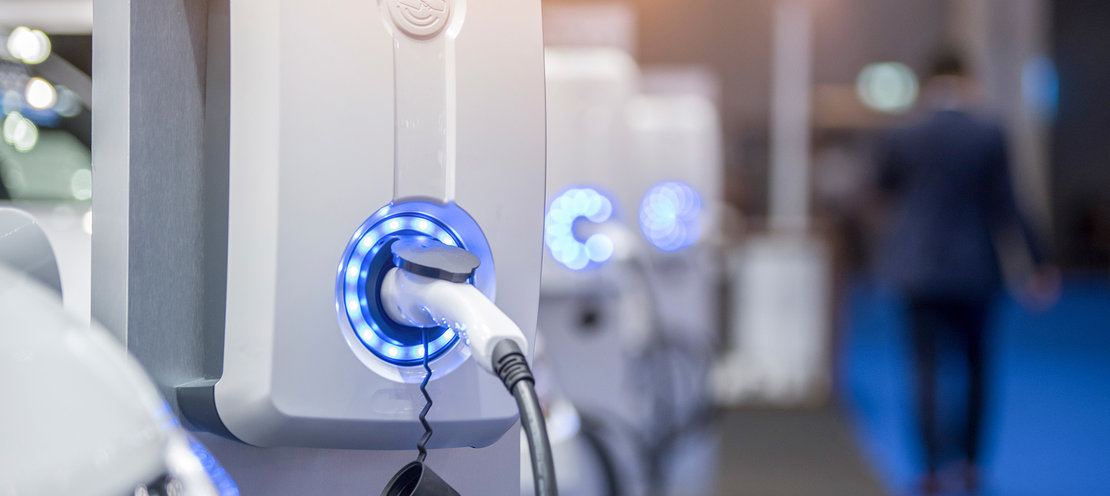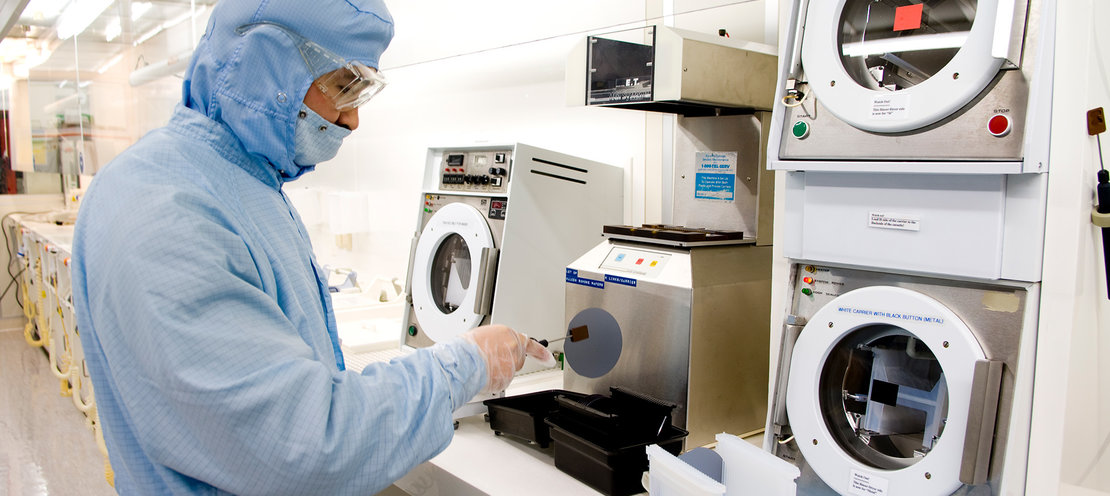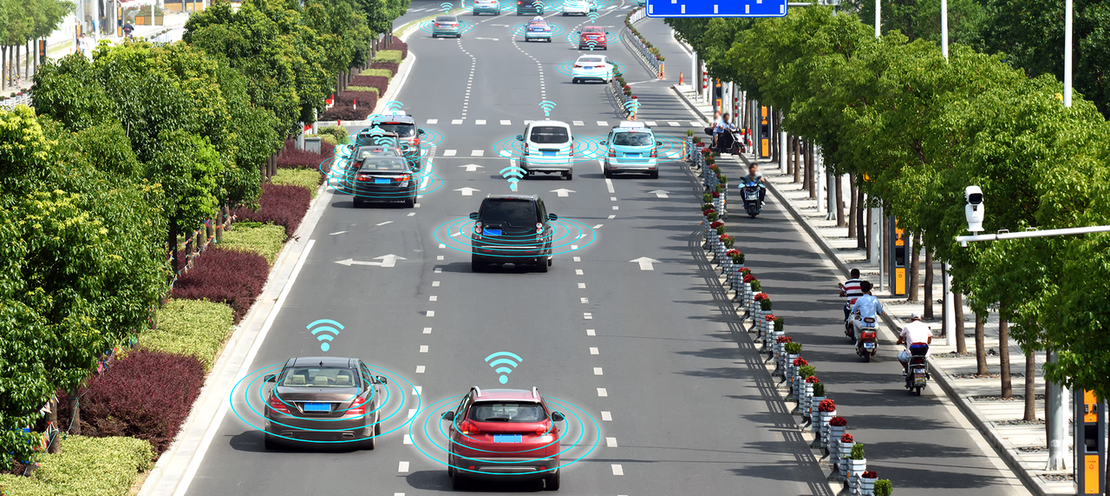MSc Electrical Engineering
The Faculty of Electrical Engineering, Applied Mathematics and Computer Science at Delft University of Technology offers a broad Master’s programme in Electrical Engineering. We offer four different tracks: Electrical Power Engineering, Microelectronics, Wireless Communications & Sensing and Signal and Systems, and offer one specialisation profile: Biomedical Devices.
The Faculty has an outstanding reputation and attracts students from all over the world. The programme is especially strong in areas like research, technology and research-by-design. Our master students get the possibility to carry out cutting-edge research in state-of-the-art research facilities such as the EKL, PV LAB and the ESP lab. The TU Delft has strong links with industry and many of our students carry out their thesis projects in collaboration with high tech companies.

Degree: Master of Science Electrical Engineering
Accreditation: Accredited by the NVAO
Credits: 120 ECTS, 24 months
Type: Regular study programme
Mode: Full-time
Language of instruction: English
Start: September
The graduate programme of TU Delft offers Master of Science (MSc) and Doctoral (PhD) degrees in Engineering. The MSc programmes take 24 months and are taught in English. Our professors and scientific staff are at the forefront of research and innovation, and this is reflected in the MSc programmes. We offer our graduates a challenging education and participation in cutting-edge research.
Since September 2015 we have been offering a renewed MSc programme in Electrical Engineering, building on the strengths of our research groups and enhancing the career prospects of our graduates. Based on the advice of alumni and Industrial Advisory Board we have redesigned our master’s programme, giving you the flexibility to focus on state-of-the-art technologies such as solar cells and smart sensors, while giving you a broad basis so that you are equipped to continue innovation in the future.
The first year comprises theoretical study, assignments, and laboratory work. You will gain in-depth knowledge on fundamentals and start focussing on your field of interest. The second year is largely devoted to specialisation and the graduation project, which involves participating in one of the university’s advanced research or design projects or an equivalent assignment within a company.



